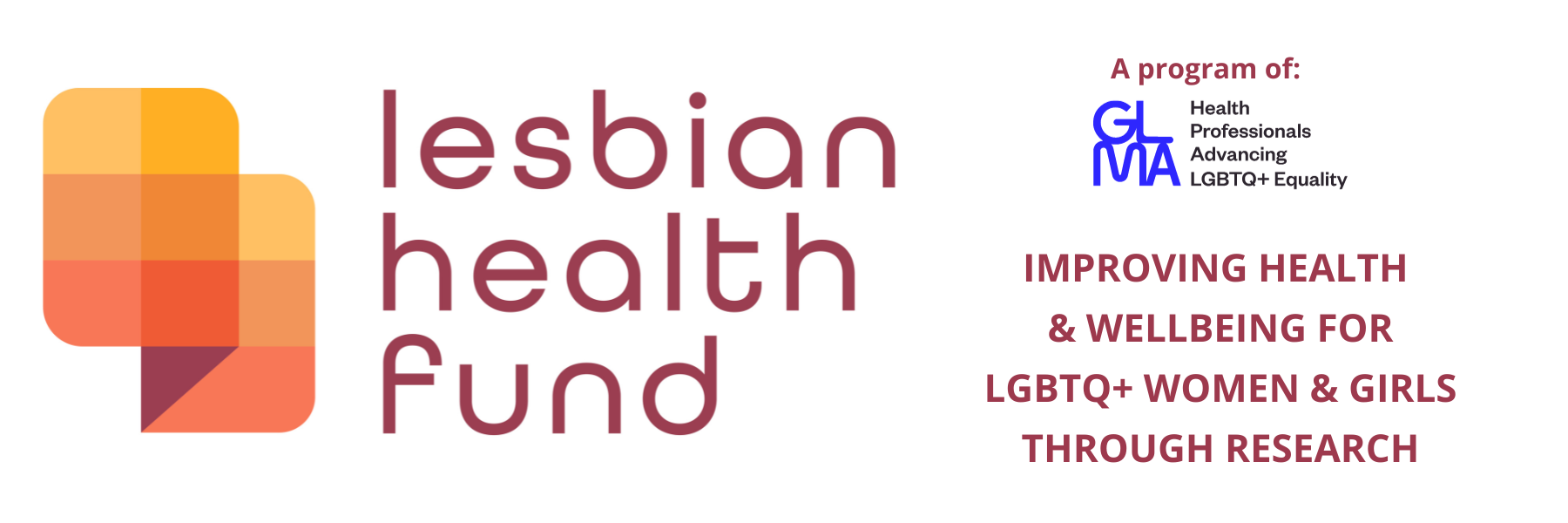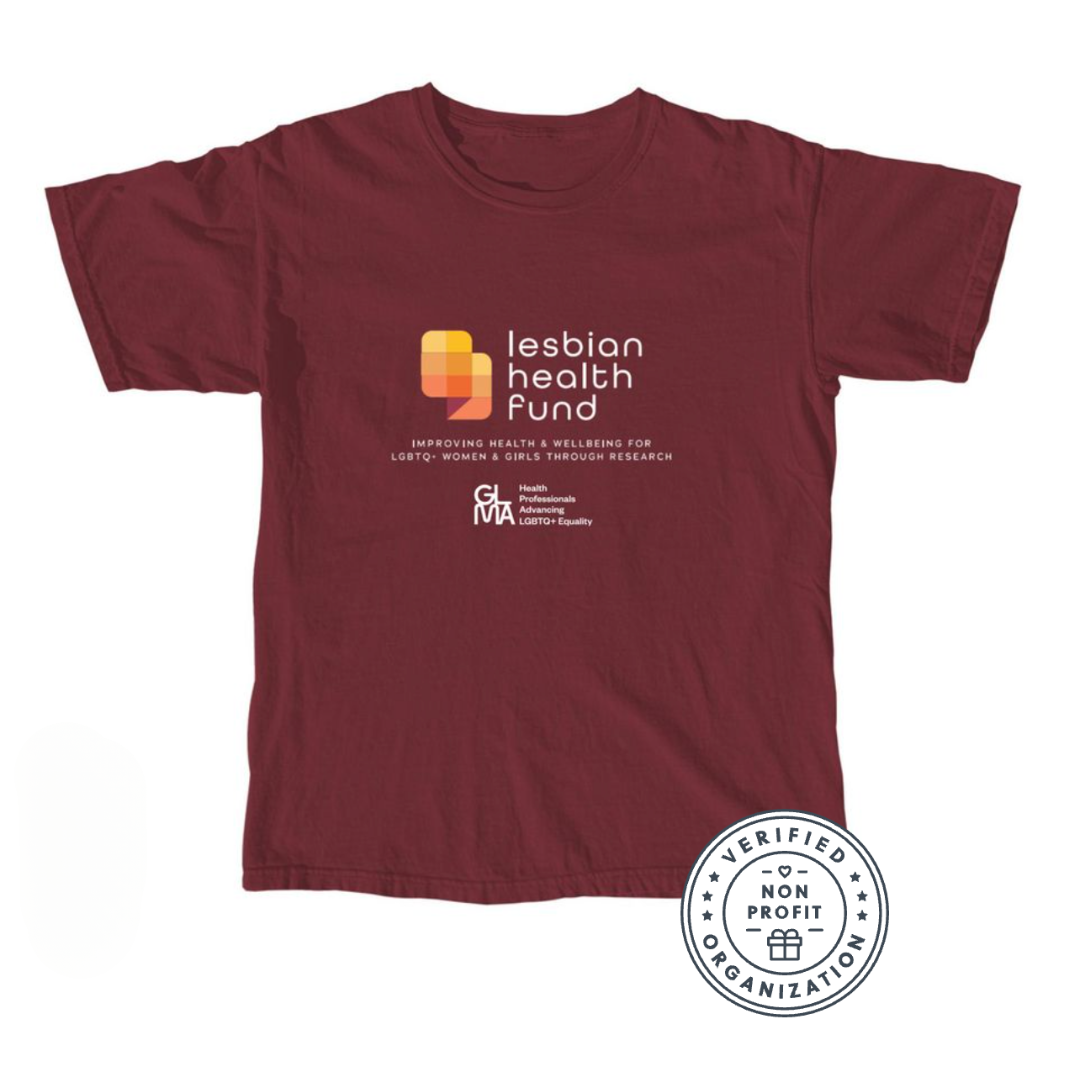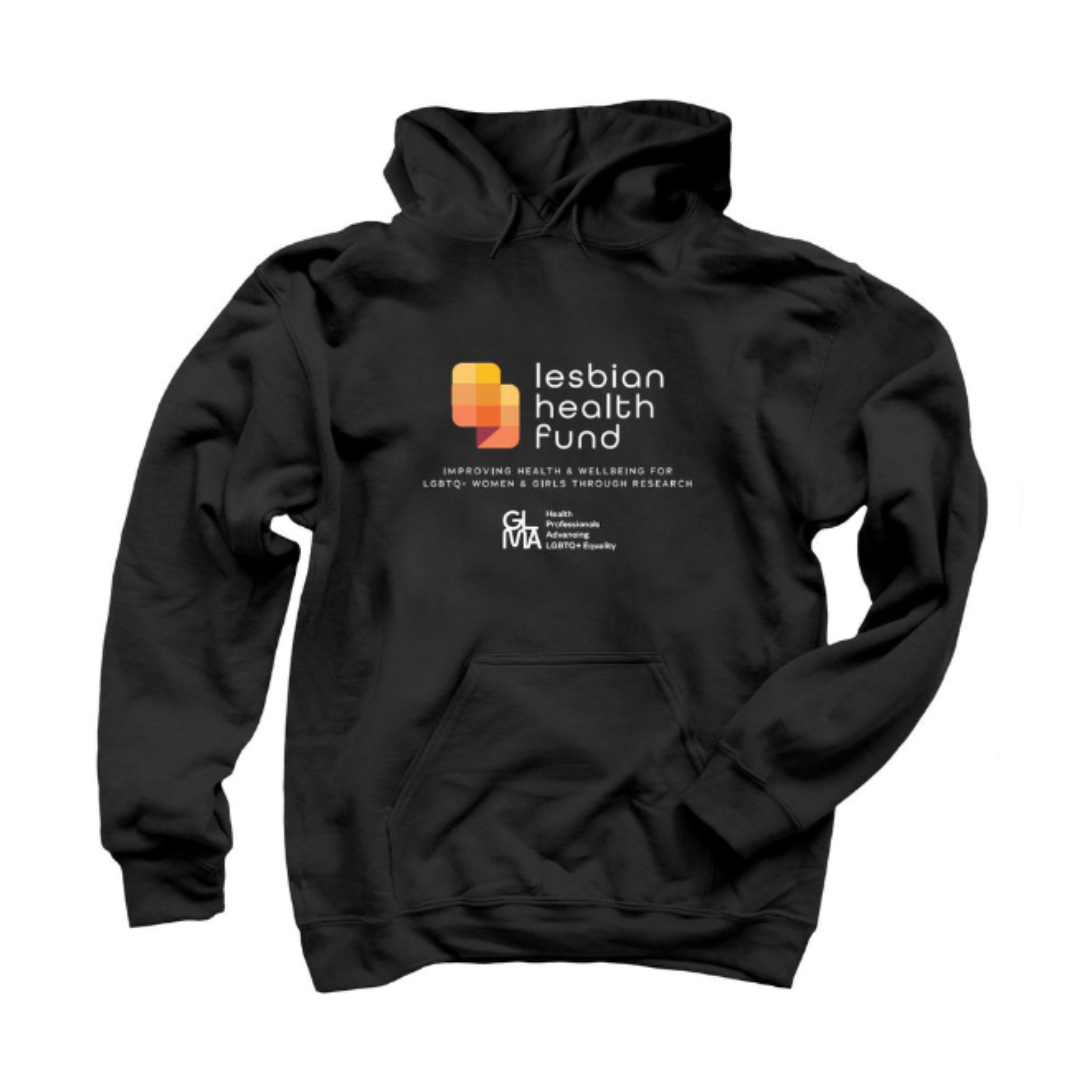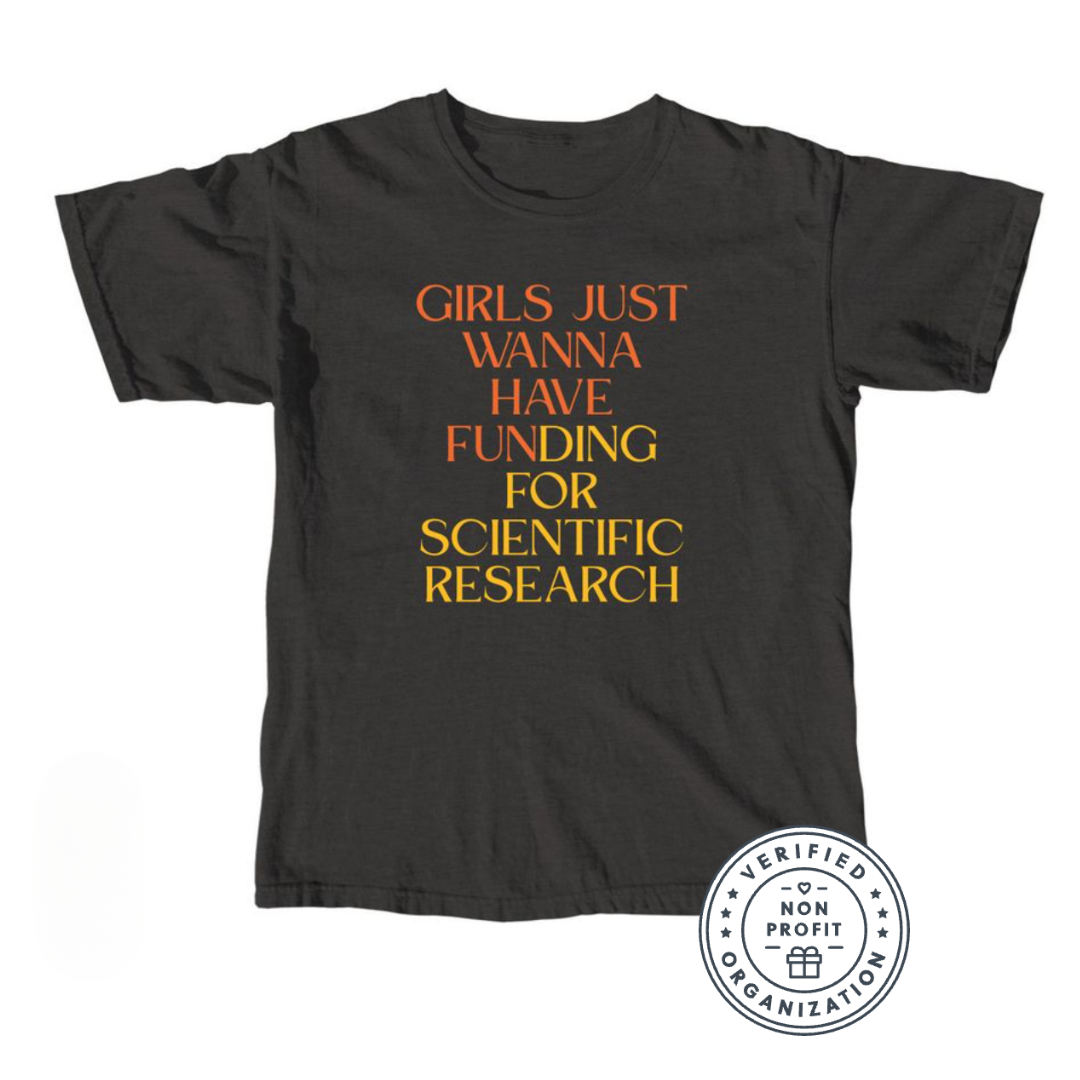Lesbian Health Fund
The Lesbian Health Fund
The Lesbian Health Fund (LHF), a program of GLMA, improves the health and well-being of LGBTQ+ women and girls through funding rigorous scientific research. Since its inception in 1992, LHF has funded 134 research projects, awarding over $1.2 million in grants. Our grants are crucial catalysts to larger, multi-million dollar studies funded by federal agencies. You can learn more about the background of LHF here.
And today, LHF remains the only research fund dedicated solely to advancing the understanding of the unique health needs of LGBTQ+ women and girls. There is still a great need to understand how social determinants, especially race and ethnicity, influence the health and well-being of LGBTQ+ women and girls.
Our Impact
Groundbreaking Research
Research is underway on the following issues:
- Reproductive technologies and access for racialized sexual and gender minority people
- The health of sexual and gender minority people of color living with polycystic ovary syndrome
- Self-compassion interventions for stress in sexual minority women
- A longitudinal pilot study on psychosocial factors and depressive symptoms among gender minority adolescents
Educating Providers and Scientists
Important results from LHF-funded studies have been published in peer-reviewed journals and presented at professional conferences on topics including:
- Alternative insemination methods
- Education of primary care providers on lesbian health and cultural sensitivity
- Health risks and barriers to health care
- Health care access for older, rural lesbians
- Breast cancer risks and treatment
- Lesbian domestic violence
- Mental health of lesbian mothers and children of lesbian parents
- Osteoporosis and bone density loss
- Prevention of sexually transmitted diseases
- Substance use issues
Launching Further Studies and Leveraging Millions of Dollars
LHF grants have been crucial to propelling promising research questions to the attention of other, larger granting agencies. The small grants LHF provides allow researchers to test concepts and collect pilot data that must be done before other agencies will consider funding larger studies. Receiving an LHF grant is often a catalyst to receiving much larger grants from other agencies. Our grantees have been awarded millions of dollars from federal agencies and research funding organizations to pursue groundbreaking research in lesbian health that would not have been possible without the initial funding from LHF.
Dedicated Support for LGBTQ+ Women and Girls' Health
LHF centers and uplifts communities whose lived experiences and health are impacted by sexism, misogyny, transmisogyny, and/or misogynoir using an anti-oppressive approach in pursuit of health justice. LGBTQ+ health research is still generally underfunded, but only 6.5% of LGBTQ+ research funded by the National Institutes of Health includes lesbian women despite LBQ women representing 55% of the LGBTQ+ adult population, and LBQ and questioning girls comprising 66% of the LGBTQ+ youth population.
We've expanded the LHF community over the last three decades to reflect the LGBTQ+ community's growth and increased visibility; however, LHF remains committed to prioritizing research led by and for LGBTQ+ women and girls to address this disparity within our community.
Join Us in Advancing Health Equity for LGBTQ+ Women & Girls
Join us in driving change — your generosity powers the mission of the Lesbian Health Fund (LHF).
With your help, we can continue to fund research that transforms lives and advances health equity for LGBTQ+ women and girls. Donate today!
We are proud to maximize the impact of every donation. On average, less than 5% of contributions are reinvested into our operations, and we’re committed to keeping administrative fees under 15%.
As a project of GLMA, a 501(c)(3) tax-exempt organization, your charitable contribution to LHF is tax-deductible to the fullest extent allowed by law. Donors receive an end-of-year receipt for tax purposes. For transparency, GLMA’s financial details are publicly available on GuideStar.Shop to Support LHF!
Want to Get Involved?
LesbianHealthFund@glma.org
Join our mission to advance LGBTQ+ women’s health! The Lesbian Health Fund is seeking expert peer reviewers for the 2026 grant cycle.
Your insights can shape groundbreaking research and drive health equity. Make a meaningful impact—apply now to support innovative studies and help transform health outcomes for LGBTQ+ women and girls.
Keep in Touch
Join our mailing list to receive the latest updates about the Lesbian Health Fund—including updates on future grant cycles!






